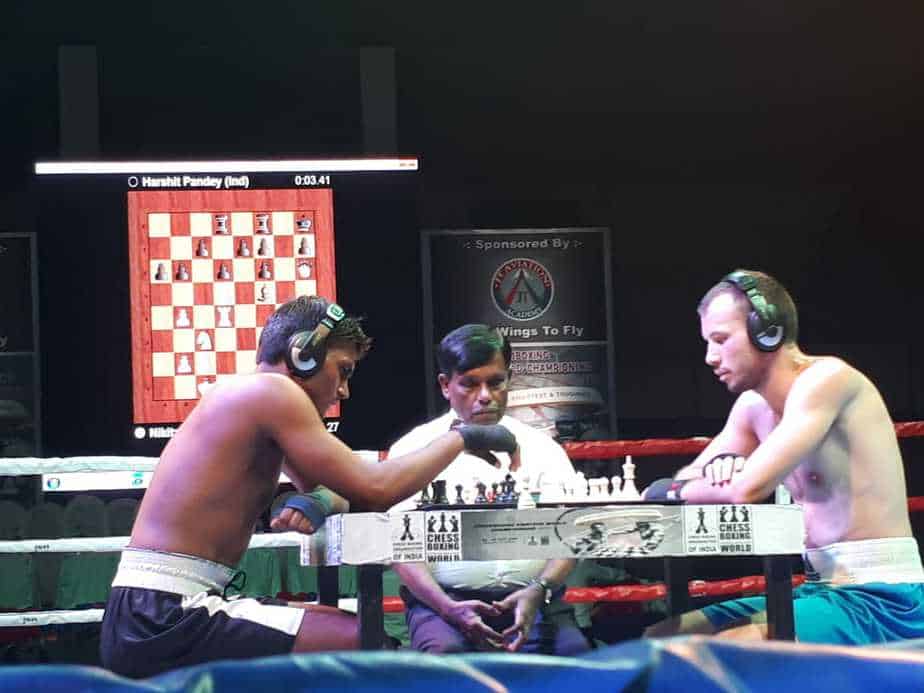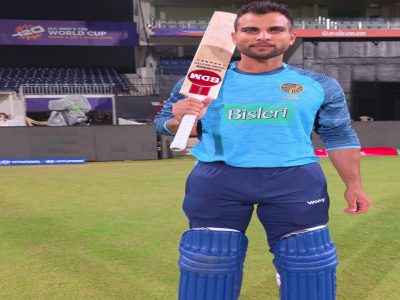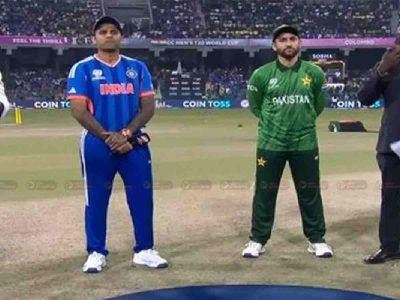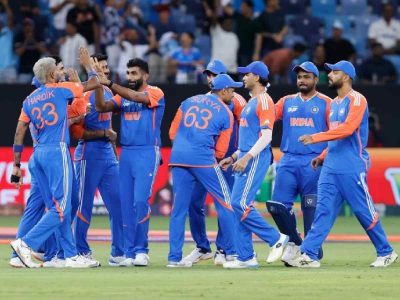Chess boxing, which was first mooted as a fantasy sport, is making strides in India, one of the 15 countries in which it rides on the enthusiasm of its exponents
Subhajit Das entered the ring at Khudiram Anushilan Kendra in Kolkata, pumped up for his bout against a much stronger opponent from Russia. As the trainers prepared them, both the opponents wore their boxing gloves and other protective gears. As the referee blew the whistle, both of them sat at a table with a chessboard and started playing a round of rapid chess that lasts for three minutes.
After that round, the two stood in the ring again, the referee blew the whistle and a round of boxing commenced. After three minutes of grueling blocks, strikes and jabs, the two settled down at the table for another round of chess.
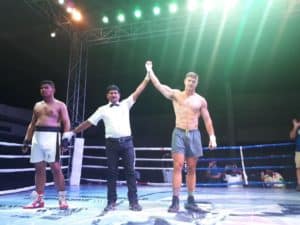
This is not a sequence from any fantasy sports movie, but a scene from a match of chess boxing, a hybrid sport that combines the cerebral game of chess and the vigorous game of boxing.
The sport was first conceived in 1992 by cartoonist Enki Bilal in his graphic novel, as a fantasy sport. Iepe Rubsingh of Russia brought this concept to life when he introduced this combination of chess and boxing, and started fighting under the name Iepe The Joker by organising private fights. The sport finally gained official recognition with the formation of the World Chess Boxing Organisation and the first Chess Boxing World Championship in Germany in 2003. Slowly and steadily it has gained stature and popularity, with over 15 countries actively participating in the sport.
Amidst the craze of chess boxing around the world, India too started making strides in the sport. Montu Das, a popular martial artist of Kolkata, was the first one to initiate the sport in the country. Having participated in combat sports such as boxing and kickboxing since his childhood, Das first came to know about chess boxing when he came across a video of a match while surfing the Internet, and later found out about the WCBO with further research.
“I was deeply impressed by the combination of brain and brawn that the sport requires and decided that I would promote the game in India,” says Das. This is how the Chess Boxing Organisation of India (CBOI) was born, with Das acting as its founder president. The first Indian chessboxing match was held at Bakul Math in Kolkata, in front of 1,500 spectators.
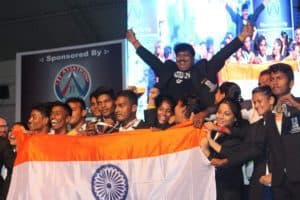
“As a martial artist, I know that after a taxing round of fighting, one must sharpen one’s brain to stay focused for the next round. So if you play chess — which according to me is the best brain exercise — after boxing, it helps in relaxing your muscles and also increases your focus,” says Das talking about the benefits of chessboxing.
“Chess boxing is a very challenging game,” says Subhajit Das, 20, a professional chessboxer from Kolkata. Subhajit started his journey in chess boxing ever since its inception in India in 2011. Subhajit, a trained kickboxer, always had a knack for chess. “When I first came to know about the game of chessboxing, I thought I was made for it. I was a professional kickboxer and was always good at chess, so this was the ideal sport for me,” says Subhajit.
“The most difficult part of a chess boxing match is the third round,” says Subhajit. “In the first round, you play a game of chess and the next round is a three-minute boxing bout. In the third round, after the physical exertion of boxing, you again have to sit by the chessboard and start playing your moves. That mental pressure after an intense physical fight is the most difficult aspect of the game,” adds Subhajit, who recently won a bronze at the World Amateur Chess boxing Championships.
“Though West Bengal constitutes almost a third of all the Indian contingent of chessboxers, other states too are coming into prominence,” says Montu Das, adding that the south Indian states have seen a massive development in the game in recent years. “In Tamil Nadu, we started playing chess boxing in 2012, after I came across this game on the internet. I contacted Montu Das when I went to Kolkata with few other players for a seminar and learnt the tricks and trades of the game,” says Fiaz Ahmed, a chess boxing coach and the pioneer of the sport in south India.
“Earlier, only a few people participated but now there is a strong representation of south India in the sub-junior and senior national tournaments, both for men and women. A lot of people from Tamil Nadu, Karnataka and Telangana have represented the country in international tournaments,” says Ahmed.

“In 2006, I started boxing and by 2012 chess boxing caught my interest. I found it challenging as it involved the application of both body and mind,” says Nawaz Khan, a multi time national champion from Tamil Nadu, who recently won a bronze at the World Amateur Chessboxing Championships.
According to WCBO chairman Iepe Rubsingh, India is a rising giant of chess boxing. “We were the first to introduce a world championship at the amateur level — earlier there used to be just a professional world championship — to popularise the game at a youth level,” says Montu Das. The last two Amateur World Championships have been held at the Khudiram Anushilan Kendra in Kolkata, with participants from around the globe.
However, according to Das, the sport still needs development. It is lagging behind because they do not get enough monetary resources. “At an international level, there is money if you play professional chess boxing but the game is still at a nascent stage in India, so we need more financial support. Right now, we are organising tournaments from our own pockets,” says Das.
According to Das, chess boxing has a huge potential to become a leading biathlon event at any major international sports meet. “We have sent an official request to recognise the game of chess boxing as an official sport, to the International Olympic Committee because the sport has great visual value and this might also encourage more youngsters to take up the game,” concludes Das.

